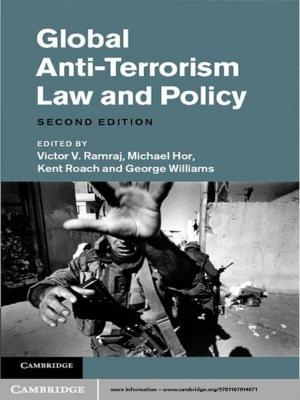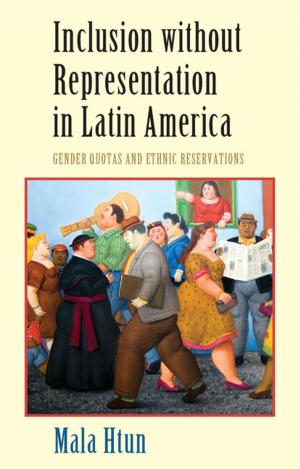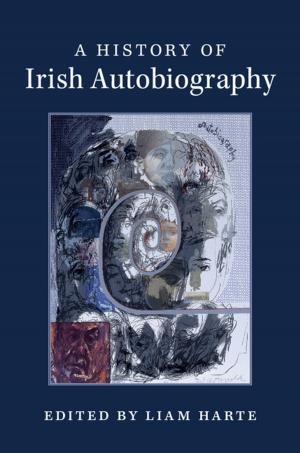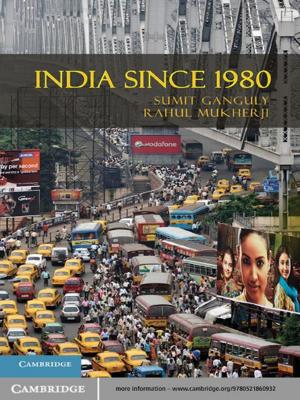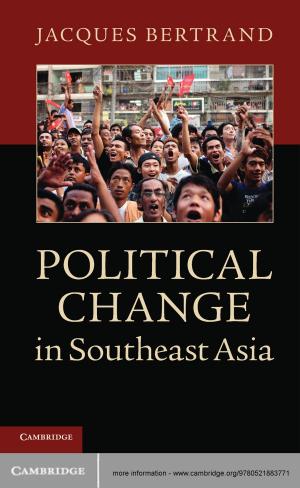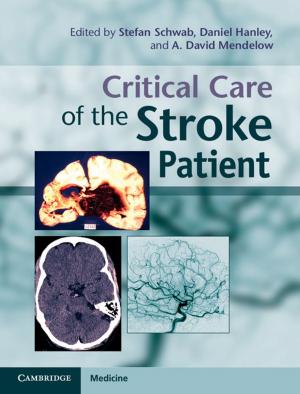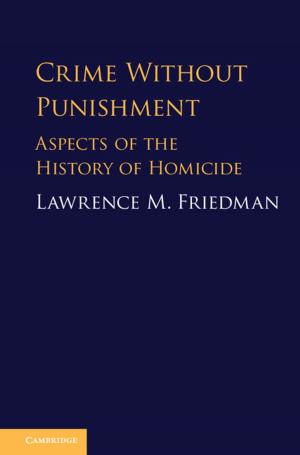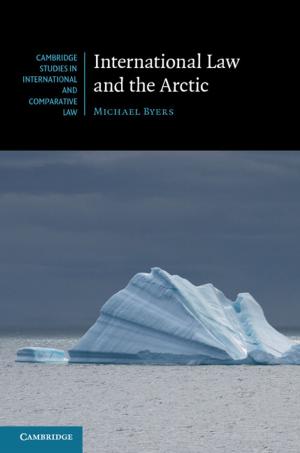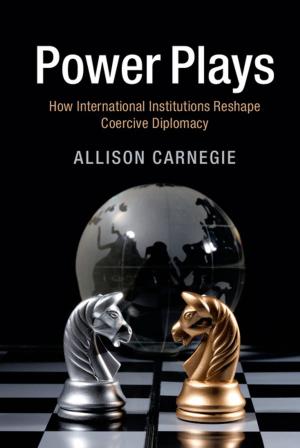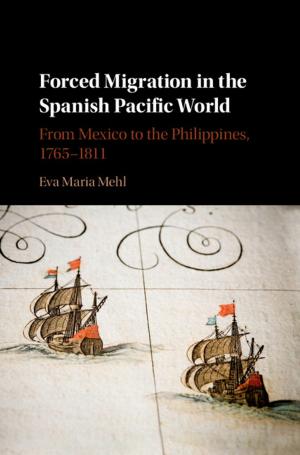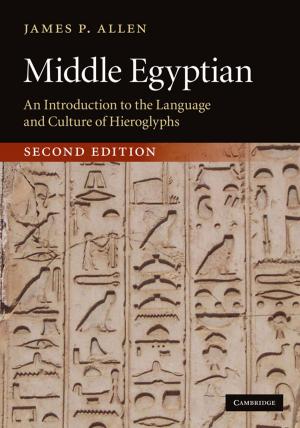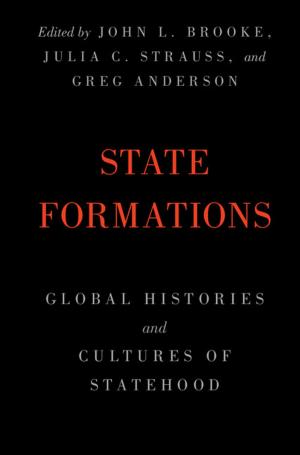The Sierra Leone Special Court and its Legacy
The Impact for Africa and International Criminal Law
Nonfiction, Reference & Language, Law, International| Author: | ISBN: | 9781107461215 | |
| Publisher: | Cambridge University Press | Publication: | December 16, 2013 |
| Imprint: | Cambridge University Press | Language: | English |
| Author: | |
| ISBN: | 9781107461215 |
| Publisher: | Cambridge University Press |
| Publication: | December 16, 2013 |
| Imprint: | Cambridge University Press |
| Language: | English |
The Special Court for Sierra Leone (SCSL) is the third modern international criminal tribunal supported by the United Nations and the first to be situated where the crimes were committed. This timely, important and comprehensive book is the first to critically assess the impact and legacy of the SCSL for Africa and international criminal law. Contributors include leading scholars and respected practitioners with inside knowledge of the tribunal, who analyze cutting-edge and controversial issues with significant implications for international criminal law and transitional justice. These include joint criminal enterprise; forced marriage; enlisting and using child soldiers; attacks against United Nations peacekeepers; the tension between truth commissions and criminal trials in the first country to simultaneously have the two; and the questions of whether it is permissible under international law for states to unilaterally confer blanket amnesties to local perpetrators of universally condemned international crimes.
The Special Court for Sierra Leone (SCSL) is the third modern international criminal tribunal supported by the United Nations and the first to be situated where the crimes were committed. This timely, important and comprehensive book is the first to critically assess the impact and legacy of the SCSL for Africa and international criminal law. Contributors include leading scholars and respected practitioners with inside knowledge of the tribunal, who analyze cutting-edge and controversial issues with significant implications for international criminal law and transitional justice. These include joint criminal enterprise; forced marriage; enlisting and using child soldiers; attacks against United Nations peacekeepers; the tension between truth commissions and criminal trials in the first country to simultaneously have the two; and the questions of whether it is permissible under international law for states to unilaterally confer blanket amnesties to local perpetrators of universally condemned international crimes.

